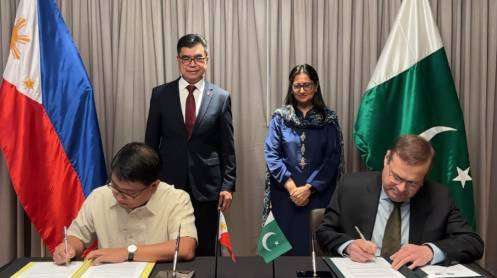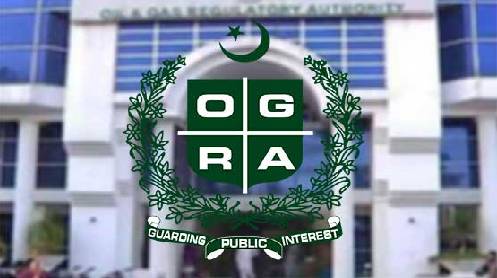ISLAMABAD: Pakistan has sent a high-level delegation to Saudi Arabia to push forward discussions on a comprehensive economic roadmap, expected to be sealed within the next two months, well-placed sources told Business Recorder on Thursday.
The delegation includes Commerce Minister Jam Kamal Khan, Minister for National Food Security Rana Tanveer Hussain, and senior officials from the Special Investment Facilitation Council (SIFC). Prime Minister Shehbaz Sharif, currently in the United States, joined preparatory meetings virtually.
According to officials, both sides are working on a structured framework to guide future cooperation, rather than pursuing fragmented initiatives. The Commerce Ministry is also drafting an export plan specifically tailored for Saudi markets.
However, differences over the Bilateral Investment Treaty (BIT) template have stalled billions of dollars in potential inflows. Riyadh and Doha are demanding revisions to Pakistan’s 2021 BIT model to include exceptional incentives and stronger protections for foreign investors. Until these issues are resolved, several planned investments remain on hold.
A 32-member Saudi business delegation led by Minister for Investment Khalid al-Falih is scheduled to visit Pakistan from October 9–11, 2024. Six Saudi companies have already indicated interest in Pakistan’s energy sector, and officials expect at least one Memorandum of Understanding (MoU) to be signed during the visit.
Tensions, however, persist over the long-standing Al-Jomaih dispute in K-Electric. Saudi authorities have conveyed “serious annoyance” over Islamabad’s failure to resolve the matter, despite assurances by Prime Minister Sharif in October 2024. In recent weeks, Pakistan’s Ambassador in Riyadh met Saudi Assistant Minister of Investment Ibrahim Al-Mubarak, who warned that further delays are damaging Pakistan’s investment credibility.
Al-Mubarak stressed that unresolved disputes risk raising Pakistan’s investment risk profile, elevating insurance costs, and reducing projected returns. He cautioned that Al-Jomaih—an influential investor in the Saudi business community—could discourage others from entering Pakistan if grievances remain unaddressed.
Officials noted that 34 B2B MoUs signed between Saudi and Pakistani companies in October 2024 are now under reconsideration, reflecting investor unease. Business leaders and policymakers agree that without swift reforms, Pakistan risks missing a rare opportunity to unlock long-term Saudi investment across multiple sectors.
Story by Mushtaq Ghumman







